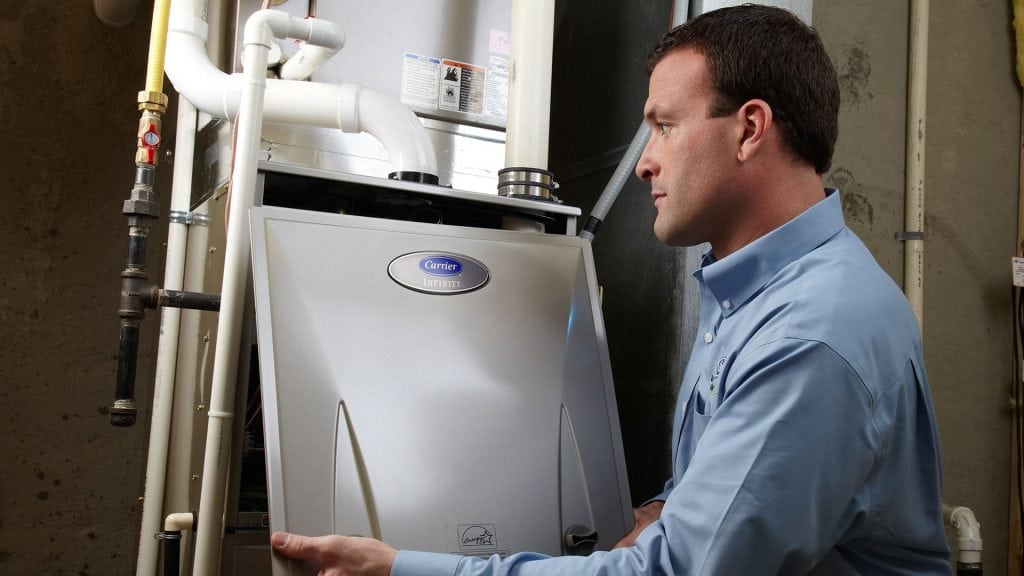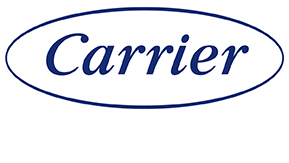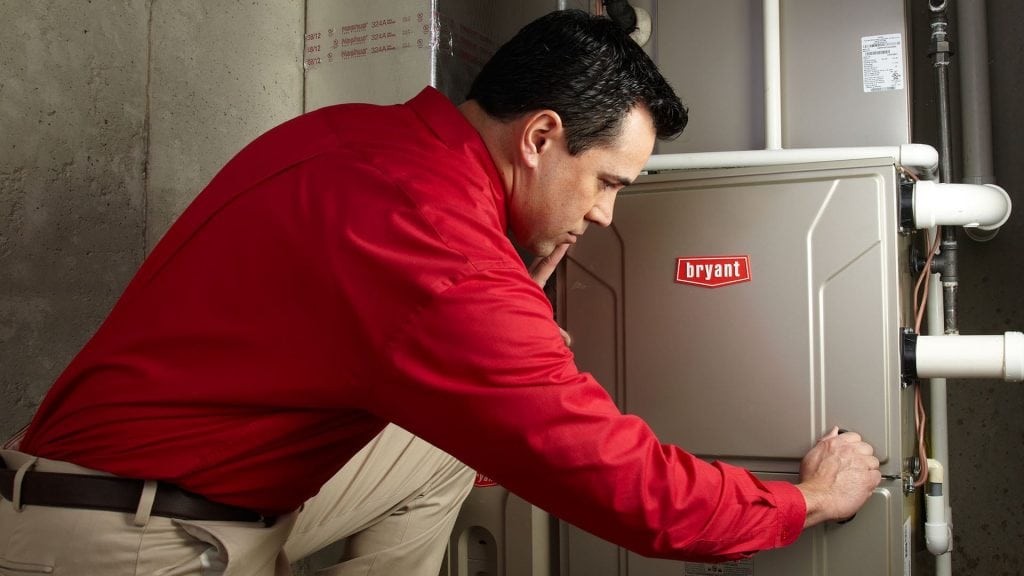How Much Does Freon Cost?

How Much Does Freon Cost?
Freon, the most widely used chemical refrigerant, circulates through the majority of air conditioners in the world today. Also called R-22, consumers have become familiar with the refrigerant and the need to occasionally refill it in their AC units. However, consumers are now reeling from sticker shock because prices have skyrocketed in recent years.
Why Freon Prices Have Jumped
Since 1992, the government has sought to remove the chemical from air conditioners. An EPA study revealed that the refrigerant harms the ozone layer when released into the atmosphere. However, suddenly banning the chemical outright would have placed too great an economic burden on homeowners. Likewise, manufacturers did not have enough ozone-friendly refrigerants to replace it. Therefore, the government developed a plan to phase out the chemical by the year 2020. Since 2010, manufacturers can no longer produce new Freon-based air conditioners. By 2020, they must sell or dispose of all Freon-based air conditioners in their inventory. After that, companies will no longer produce the chemical at all. Many consumers, unaware of the growing shortage, continue to use and replace the chemical in their air conditioning systems. With a steady demand and a dwindling supply, the price continues to soar to record levels.Puron: The New Refrigerant for Air Conditioners
Puron, a refrigerant with no negative effect on the ozone layer, has already begun replacing Freon in modern air conditioning equipment. Homeowners, interested in the least-expensive options for replacing their old systems, regularly inquire if they can merely switch out the two chemicals. Unfortunately, it's not that simple. Puron operates at twice the pressure; it won't work in older air conditioners. However, that doesn't mean consumers must suffer the high cost to replace the old refrigerant. Upgrading to a newer system using Puron is often more affordable than repairing Freon-based units.Is it Time for an HVAC Replacement?
As a rule of thumb, you should replace a system older than 10 years. If you've recently purchased one of the few remaining Freon-based systems, then your best strategy is to avoid leaks at all costs. You can prevent leaks by scheduling preventative maintenance in the spring and fall, before and after the equipment's busiest season. If you're considering replacing your old system, here are a few points to consider:- Financing - Many installation companies offer low-interest financing with friendlier terms and conditions. You don't need to pay the entire purchase at once.
- Lower Electric Bills - While financing a new AC system may increase your monthly spending, the more efficient equipment lowers your electric bill. Because air conditioning accounts for half of most utility bills, the savings will offset the cost of the new system.
- Government Rebates & Tax Credits - Installing energy-efficient equipment that meets or exceeds ratings of the Energy Star program qualifies you for a federal tax credit. Likewise, many local municipalities and utility companies offer rebates to offset the cost of installing modern air conditioners. Consult your HVAC contractor to inquire about these rebates and credits.



